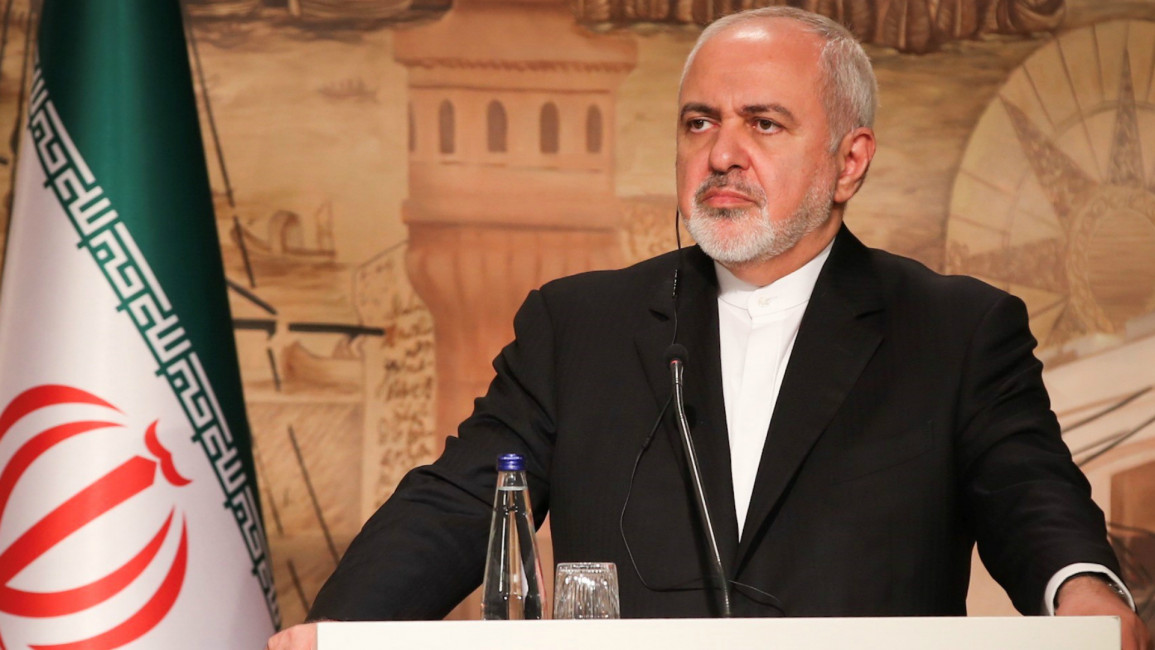Iran's outgoing FM Zarif blames 'internal divisions' for resignation amid anti-laundry controversy
Fighting between parties and factions in Iran is a "deadly poison" undermining foreign policy, Mohammad Javad Zarif said in remarks published a day after his surprise resignation, Reuters reported.
Zarif's comments indicate he may have left his post due to pressure from hard-line elements within the Iranian government, who have criticised the 2015 nuclear deal in which he was a key negotiator.
"We first have to remove our foreign policy from the issue of party and factional fighting," Zarif told the Jomhuri Eslami newspaper, "the deadly poison for foreign policy is for foreign policy to become an issue of party and factional fighting".
The interview is reported to have taken place in the week before his resignation.
"I apologise for my inability to continue serving and for all the shortcomings during my term in office," Zarif said in a Monday Instagram post announcing his resignation.
"I hope that my resignation will lead to a return of the ministry of foreign affairs to its legal place in foreign relations," Zarif said in separate comments to the Islamic Republic News Agency.
The remark appears to be targeting other bodies within Iran's government.
He also urged diplomats not to quit and to "continue their duties in defense of the country", after news that ministry employees may be following him in resigning.
"It has been an honour to work beside you," he said.
Zarif was not present for a meeting with Syrian President Bashar Assad on Monday.
Iran's powerful parliamentary committee on national security and foreign affairs was scheduled to discuss Zarif's resignation later Tuesday.
The official reason for his resignation is not yet clear, however the news comes as Iran's nuclear deal looks set to collapse after the US withdrew from the accord.
There is also speculation it may be related to an ongoing debate in Iran about the adoption of Financial Action Task Force (FATF) standards related to terror financing and money laundry.
Some hard-liners are opposed to adopting the G-7 created standards arguing they may harm national interests given Iran's support for oversears paramilitaries such as Hizballah. Zarif and President Rouhani are in favour arguing Iran needs to remove itself from an international FATF banking blacklist as Tehran needs to restore banking connections to the outside world amid US sanctions.
On Tuesday, Rouhani had strong criticism for those opposed to the bill.
Follow us on Twitter: @The_NewArab



